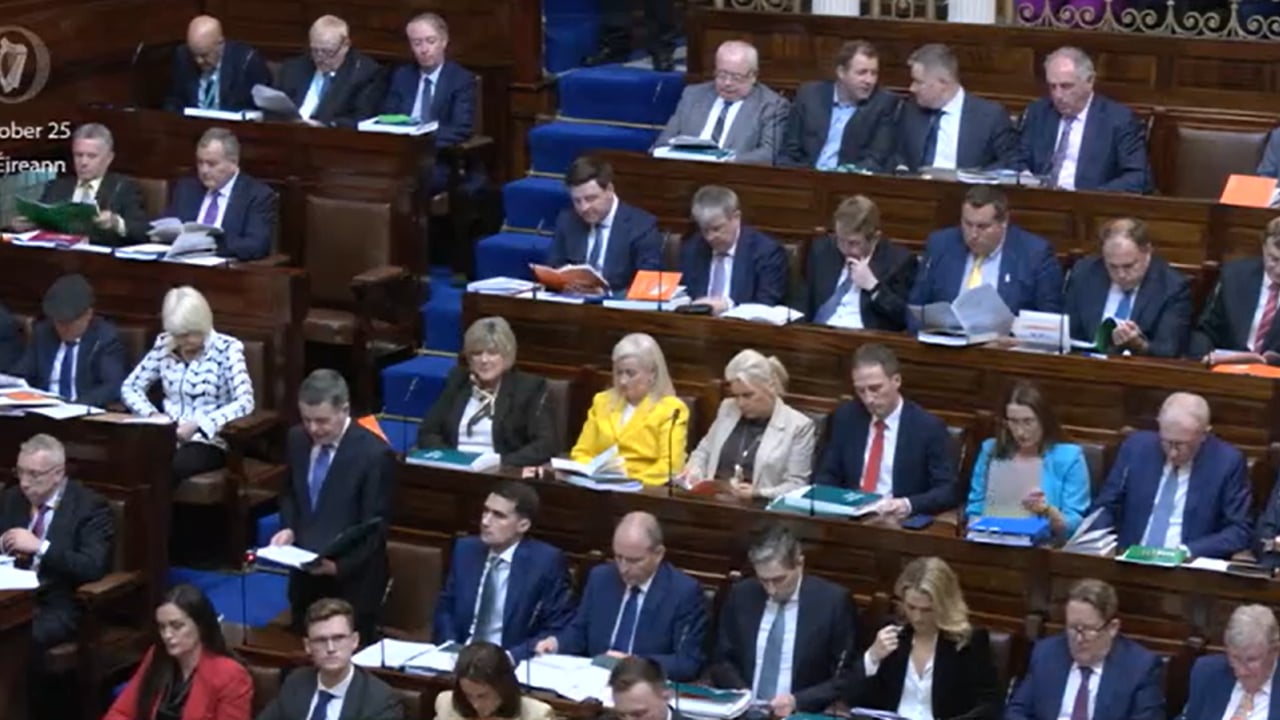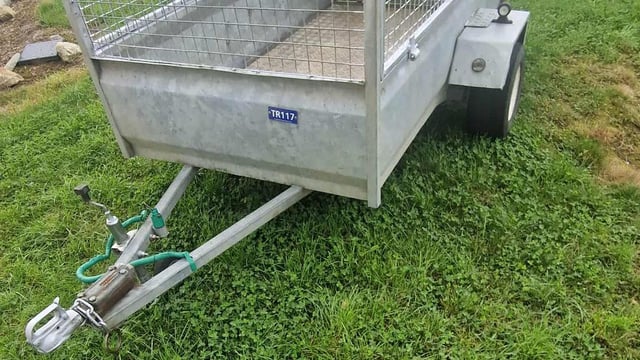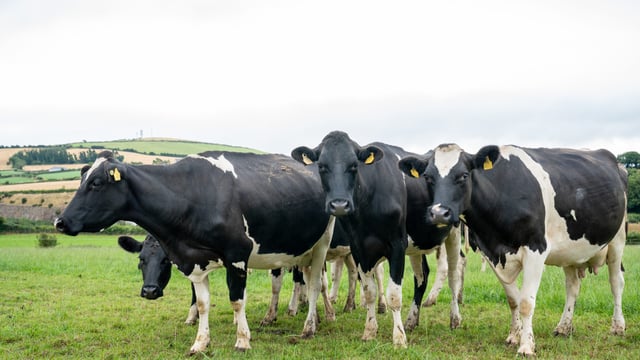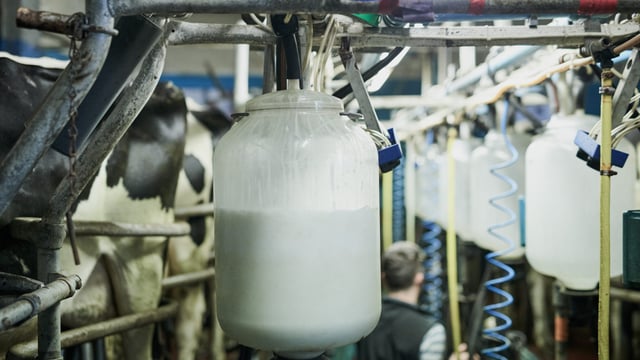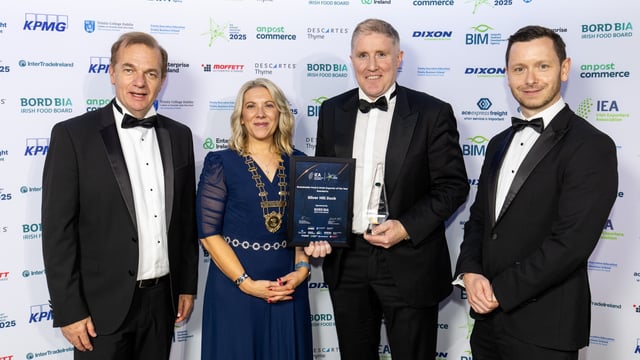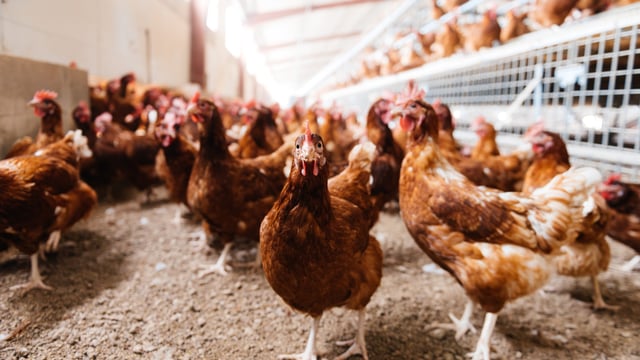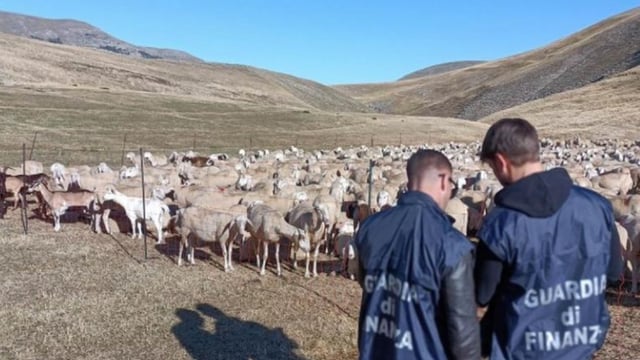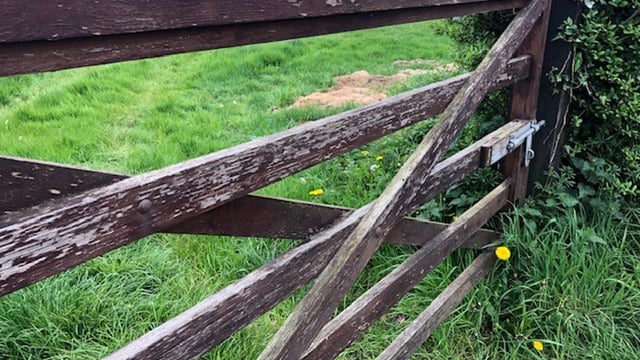Budget 2026: Landowners can apply for an RZLT exemption this year
The Minister for Finance, Paschal Donohoe, has confirmed that landowners can apply for an "exemption" in 2026 if they seek to have their land rezoned in relation to the Residential Zoned Land Tax (RZLT).
The RZLT, which was introduced in Budget 2022, is a self-assessed annual tax, calculated at 3% of the market value of the land within the charge to the tax.
The government has consistently claimed that the tax will "encourage an increase in the supply of housing with the development of lands that have been serviced and zoned wholly or partly for residential use".
This assertion has been robustly rejected by farm organisations.
Delivering his budget statement in the Dáil today (Tuesday, October 7) Minister Donohoe said that so far there have almost been 2,000 returns filed in relation to the RZLT.
"Of these, 526 have requested the deferral of the tax because the land is being actively developed within planning timelines.
"This demonstrates that the objective of the tax is being met." he added.
Landowners can apply in 2026 to have their land rezoned "to reflect the genuine economic activity being carried out," he outlined in the budget statement.
Minister Donohoe also said that "further changes to enhance the operation of the tax will be brought forward in the finance bill".
Separately the minister also said that a new Derelict Property Tax will replace the Derelict Sites Levy and that this will not be lower than the 7% levy of the value of the site.
Budget 2026
According to the Minister for Finance, Ireland's public finances are in "good shape".
The 2026 budgetary package is €9.4 billion.
But he also warned about the potential impact of tariffs, which he said were "regrettable" and would impact on growth.
"It is more pressing than ever that this government presents a budget that protects jobs and supports growth," he added.
According to Minister Donohoe, the economy is forecast to grow by 3.3% in 2025 and by 2.3% in 2026.
He has also confirmed that the 9% of VAT on gas and electricity bills is being extended until December 31, 2030.

